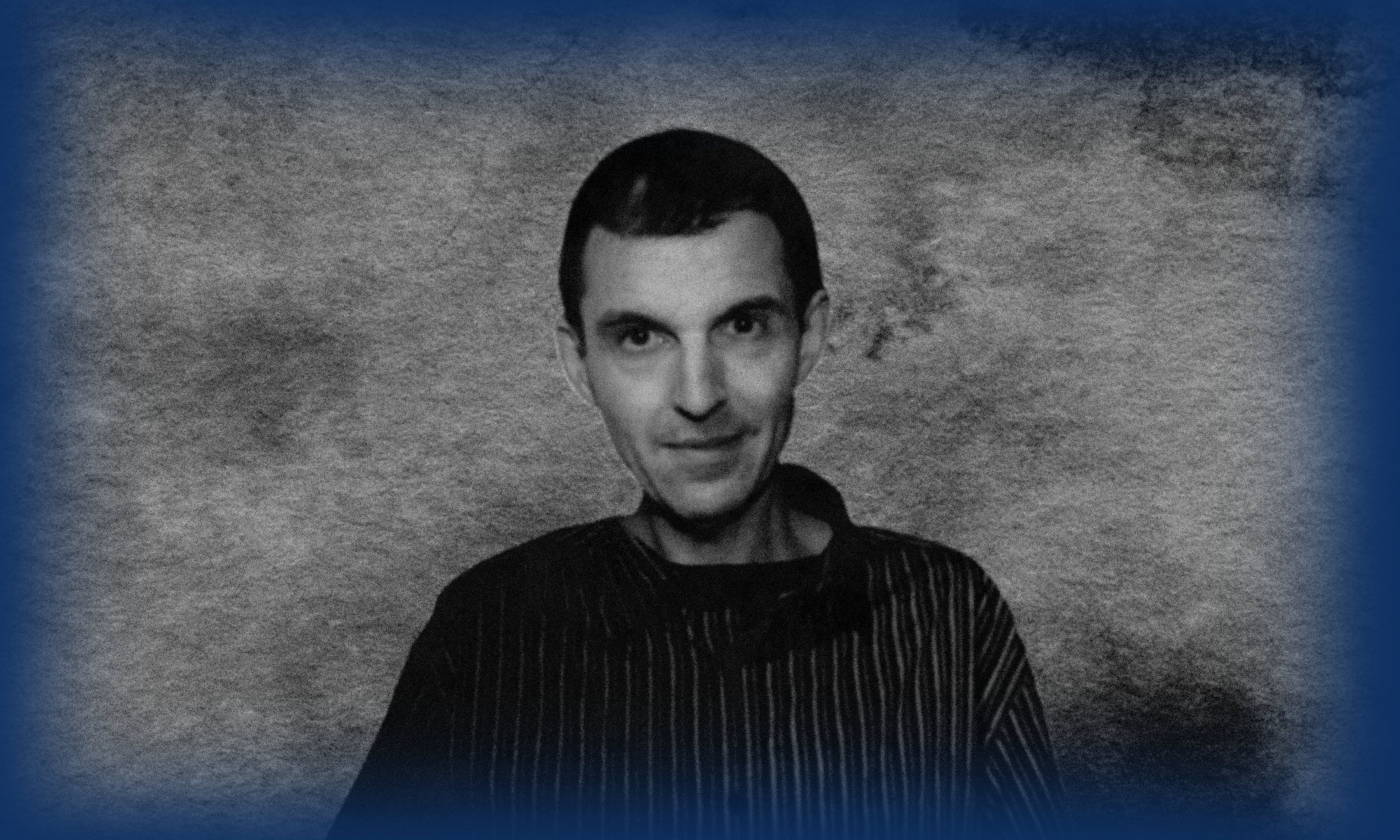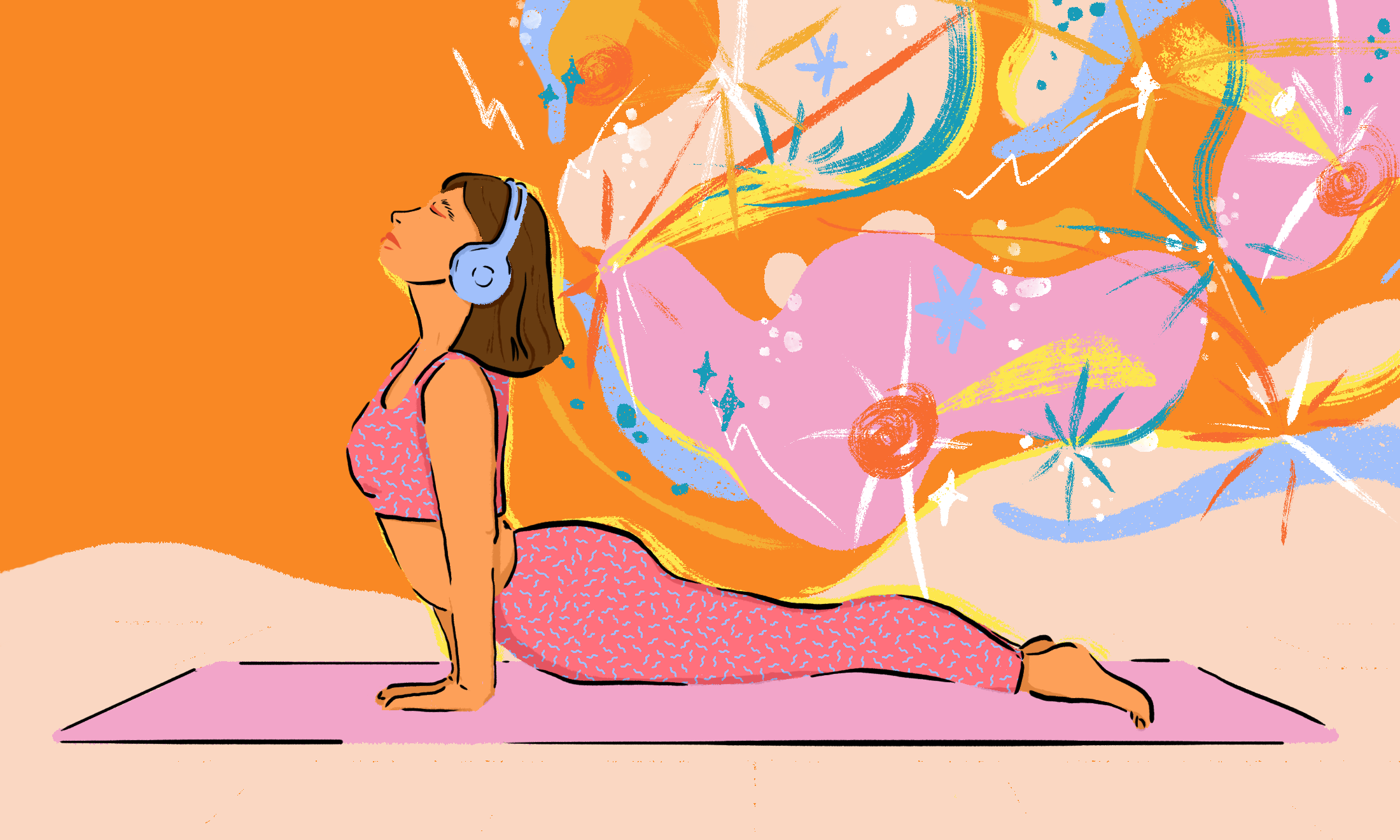
Brandy photo composite from Canva and Wikimedia Commons (Mike D Photography)
There’s not enough pollen in the world to give Brandy the flowers she deserves
As Brandy dropped B7 over the weekend, we reflect on how she blazed a trail for black women in entertainment to become multi-hyphenates
Kemi Alemoru
01 Aug 2020
As a 1994 baby, before I knew my times tables, before I could tie my shoelaces (still can’t), before the hashtag #blackgirlmagic existed, there was Brandy. She was the latter personified.
This week she’s dropping her seventh studio album, B7, a body of work that she told The Guardian had been like therapy for her. You may believe the “B” stands for Brandy but you could argue it stands for brave as she releases an R&B album on the same day that Beyoncé dropped the Black Is King visuals. Still, with cameos from her daughter, Chance the Rapper and Daniel Caesar and vocal runs that give you chills, B7 a welcome return to form.
“To fully appreciate her comeback you have to understand the trail she blazed for black women in her impressive career”
To fully appreciate her comeback you have to understand the trail she blazed for black women in her impressive career. Brandy Rayana Norwood, most commonly referred to by her mononym as most bad bitches are, has been putting in a shift since the 90s. She signed a record deal with Atlantic Records in 1993 at just 14, a year later she released an album most adults could only dream of. It gifted the world behemoth tracks like ‘Baby’, ‘Best Friend’, and ‘I Wanna Be Down’ – the latter was remixed by heavyweight women MCs of the time: MC Lyte, Yo-yo and Queen Latifah. It remains one of the best collaborations in hip hop history, a triumphant display of black women’s talent at a time where they were enjoying commercial success. She was nominated for two Grammys, which she deserved but did not win.
It was a strong start and the ambitious teen kept pushing. By 1996 she was picked to star in her own show as the bright-eyed and braided legend Moesha, which will soon be available on US Netflix. For a lot of dark-skinned black girls in the UK when the show aired on Channel 4 that year (later it took up residence on the now-defunct but hugely influential youth channel, Trouble) it was the first time we were able to see what we could become. NY Times wrote in her 1996 cover story that Brandy had had a “Cinderella year”. By then she was 16 with a platinum-selling debut under her belt, a number one hit, and a successful tour with Boyz II Men.
Her vocal range was impressive, reaching sweet highs and dipping to soulful low rasps earning her the nickname “vocal Bible” according to a lot of online articles, though I have to admit I don’t remember her being known as that at all. What I could never forget is her energetic enthusiasm for entertaining, nurtured by her supportive mother who’d been training Brandy to perform from her early childhood singing in her church’s gospel choir. Despite her worldly-wise timbre, the album was decidedly age-appropriate. It was often contrasted with Aaliyah who had just launched her own career at a similar age but with a more mature image. Given Brandy’s clean-cut image and her momager’s very public refusal to let her show her navel, the press would try to pit the two against each other.
But Brandy is a gracious queen and managed to use tabloid gossip to amplify her biggest hit. In 1998, her duet with Monica on ‘The Boy is Mine’, which she wrote and produced alongside Rodney “Darkchild” Jerkins, the two R&B singers who had previously been pitted against one other fought over Mekhi Pfeiffer. The legendary video played into the drama perfectly and it became the best-selling song of the year. She got her Grammy.
Not only is Brandy one of the best-selling women artists of all time, she is also wedded to many pivotal black pop culture moments. Her vocals were on the soundtrack to 90s black cinema classics Waiting to Exhale and Set it Off. When her childhood hero Whitney Houston cherrypicked her to play Cinderella in the real-life remake, little black girls got to see themselves as a Disney princess. This was way before that other movie where the black girl turns into a frog. How many teens had pulled off a successful career in music and acting concurrently? She was the blueprint. Everything she touched turned to gold, from collaborations with Kanye West, Mase, legends like Chaka Khan to becoming an easy, breezy, beautiful brand ambassador for Covergirl – and her wildcard brother Ray J came up with her. There was a Barbie made in her likeness and she even went to prom with Kobe Bryant. She had it all and she looked like us.
Growing up in the 90s, I was in the slipstream of her impressive debut. My older sisters and I were also dark-skinned girls with similar hair (my Mum calls Brandy “the original box braid queen” so perhaps it was intentional). Despite the fact we were growing up in the Manchester suburbs we were writing songs along to the same beat and tune of the verse for ‘Sitting On Top of the World’ and using the family camcorder to film a sitcom called Millenium Girls. As I’ve started re-watching Moesha I realise that the phrase “millennium girl” is used quite a lot. We were clearly sponges and felt that if she could do it then so could we. That’s the power of good representation.
“How many teens had pulled off a successful career in music and acting concurrently? She was the blueprint … She had it all and she looked like us”
However, as positive an impact, her fame was on us, it was a heavy cross to bear from such a young age. In true child star fashion, growing up in the spotlight means you don’t have as much room to grow, understand yourself, or make mistakes. Since the beginning, she had been set up as the good girl – the role model. When she was straddling her burgeoning music career and hit sitcom, she was overworked. Brandy had become increasingly frustrated with how perfect (and judgemental) Moesha was and stormed off the set. Later she became nauseous and incoherent before passing out. After being hospitalised it was discovered that she hadn’t been eating. Years later, she told Oprah that despite the fact she received so much adoration and attention from a young age, she had no self-conviction. “I never felt beautiful, I thought beauty was something else,” she told Oprah in a candid interview in 2002, acknowledging that beauty, to her, was having lighter skin or longer hair.
For all the doors she broke down by being a part of a series that showed the world a close-knit black family, a morally perfect protagonist and a sexless teen idol, she came up against a lot of barriers. She told People Magazine in 1998 that she had missed out on opportunities because her guidance counsellor at Hollywood High was not fond of her appearance. She explained: “One day I asked, ‘Why aren’t you sending me out on calls?’ and she said, ‘Because you’re not drop-dead gorgeous.’” Her heart dropped.
“It’s about time we atoned for allowing someone so deeply embedded in the R&B canon to be so cruelly discarded”
Black women are held up to an impossible standard. While her career got off to a strong start, a spate of bad luck would see her critical acclaim wane and sales dip. Headlines swirled around her secret marriage to producer Robert Smith, as she shockingly revealed she was pregnant at 23. It was later discovered that the two weren’t married at all. She told Tyra Banks that she was “afraid” and didn’t want to set a poor example to the young girls who looked up to her. Out of residual Christian guilt, she decided to lie to the world instead and try to preserve her reputation.
This lull was only cemented by her involvement in a fatal car crash in 2006, which killed mother-of-two, Awatif Aboudiha, 38. After this tragic accident, Brandy withdrew from the judging panel of America’s Got Talent just as the show was garnering a huge audience and didn’t leave the house for three months. Her next album Human failed to reach the heights of her previous records. Then to add salt to the wound, the next year in 2007, Ray J would become the co-star of one of the most-watched sex tapes of all time with Kim Kardashian, her ex-stylist. Once her clean image was stained with tabloid rumours it became harder for her to regain her balance and in 2013 she played to just 40 people in a stadium with a capacity of 90,000 in South Africa. She told the Guardian recently that she thinks she has been judged harshly for her mistakes, which understandably became difficult to navigate.
It’s about time we atoned for allowing someone so deeply embedded in the R&B canon to be so cruelly discarded. Brandy paved the way for black women in pop culture in so many ways. There isn’t enough pollen in the world to give her the flowers that she deserves.
Brandy’s new album B7 is out now and streaming on all platforms.









